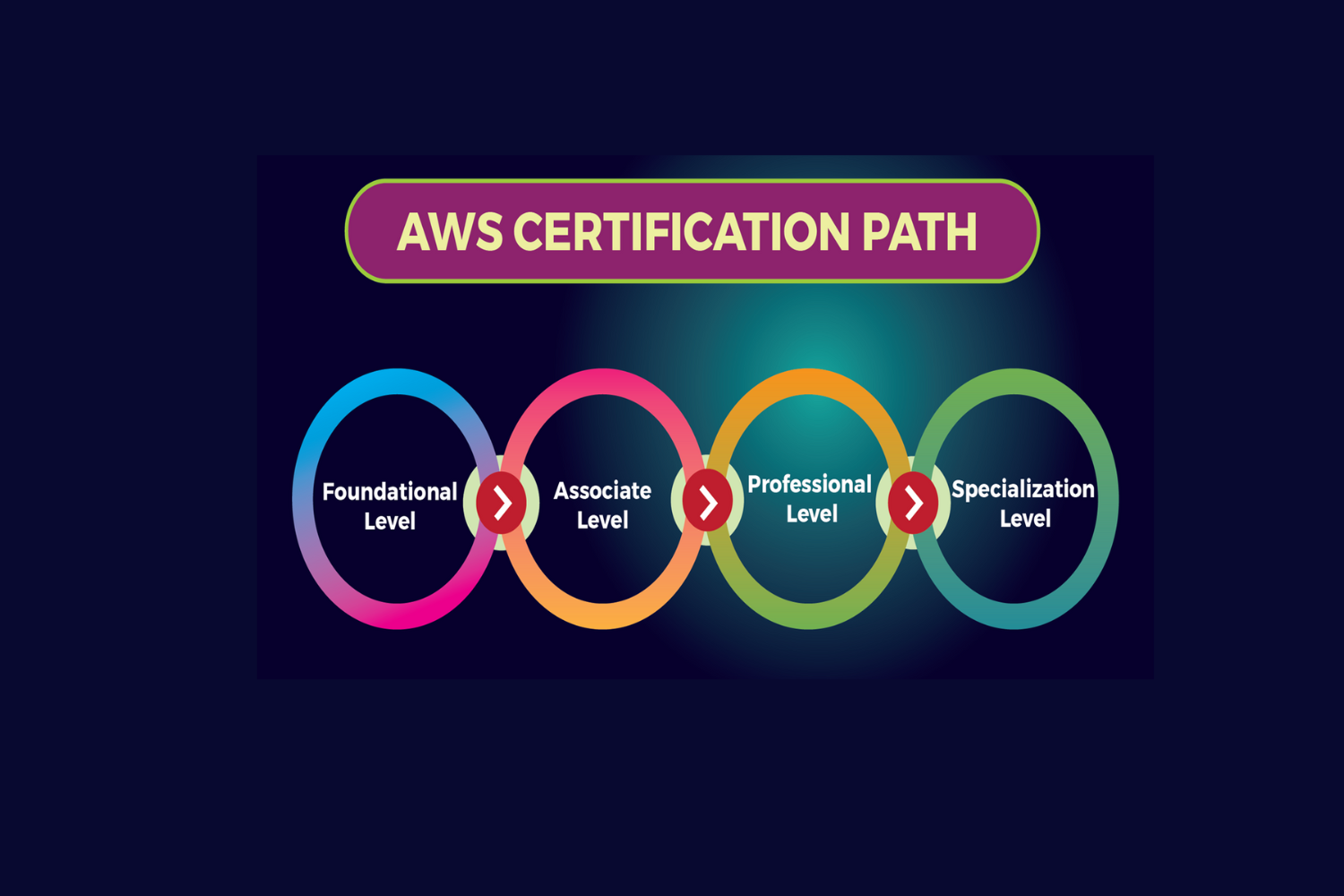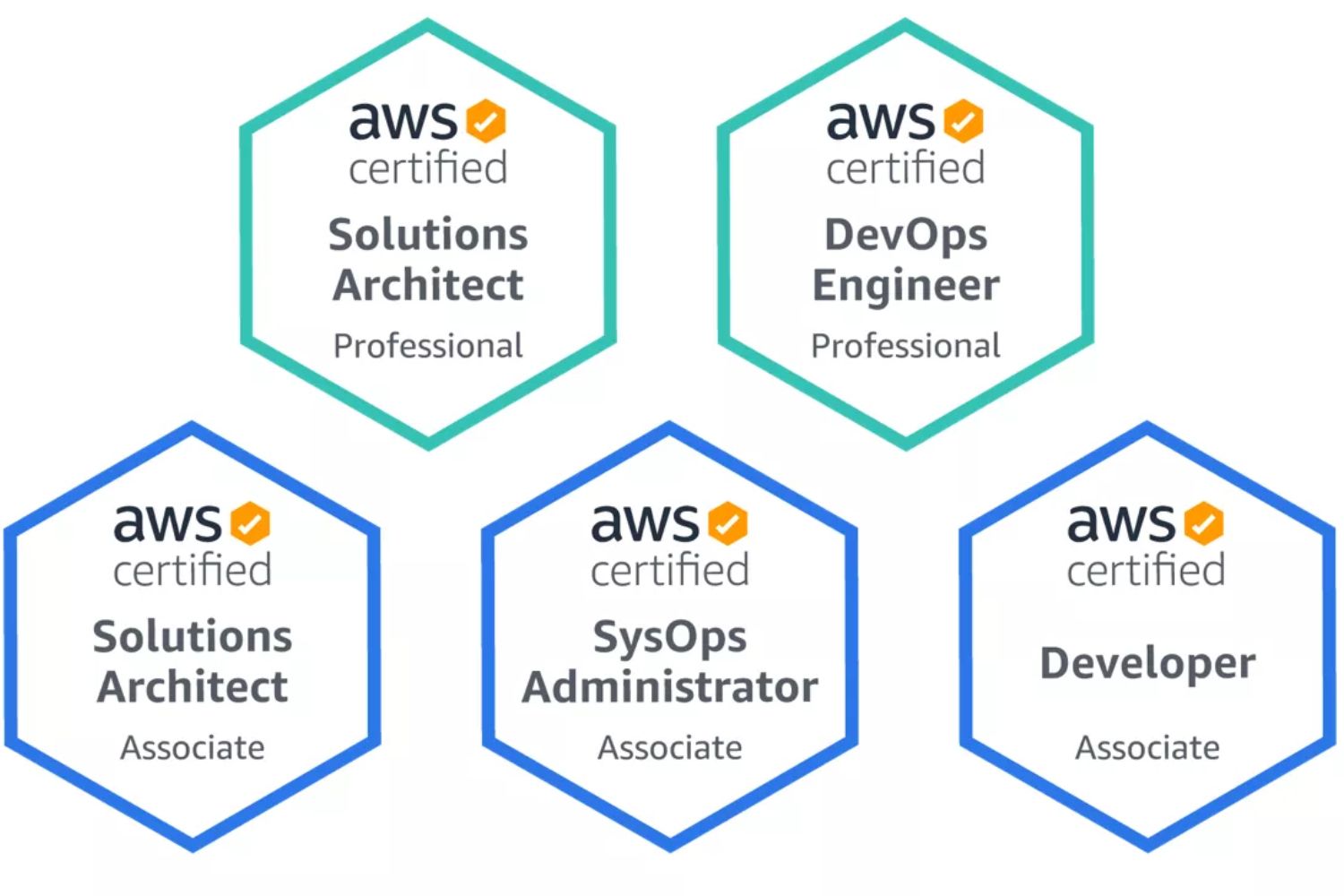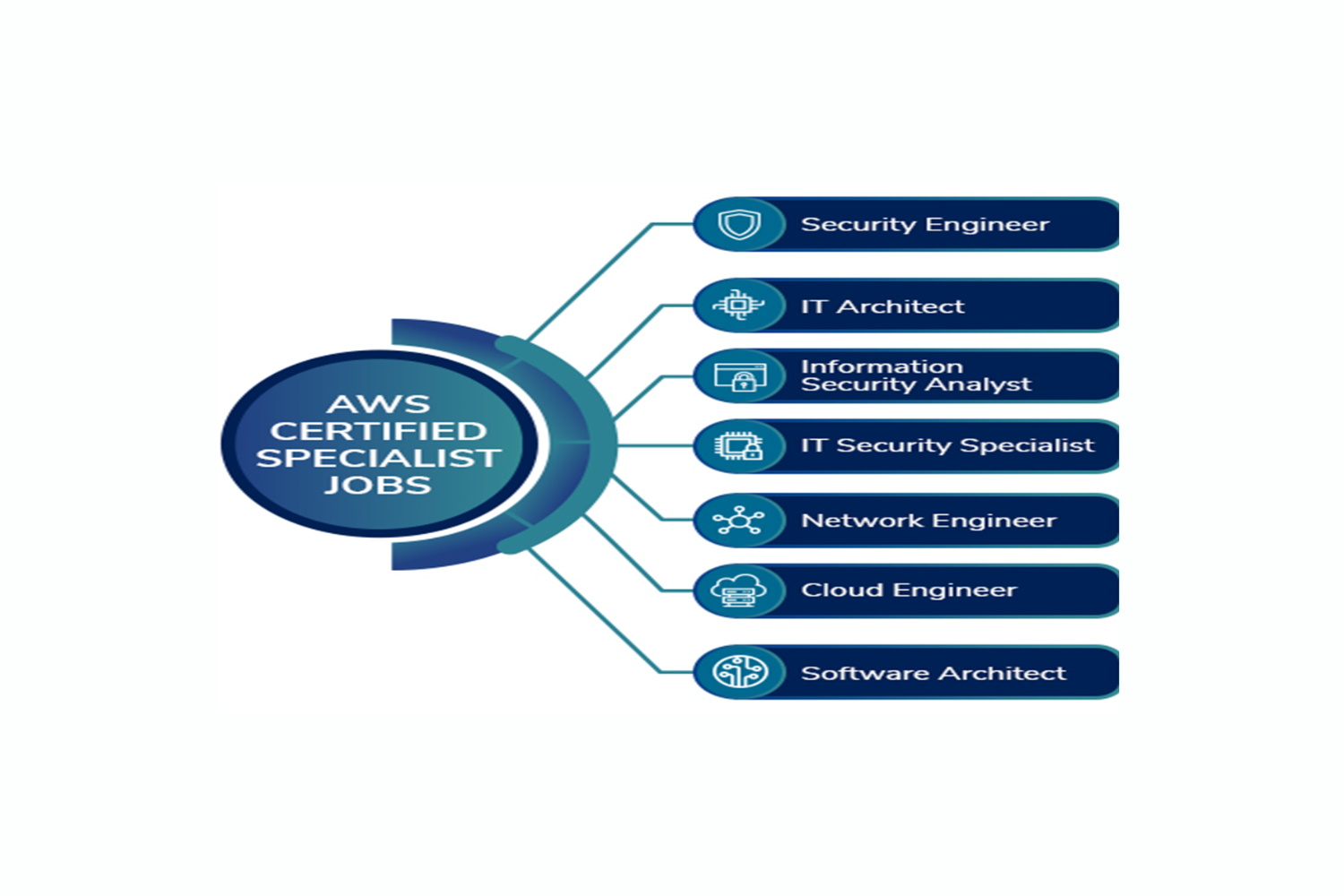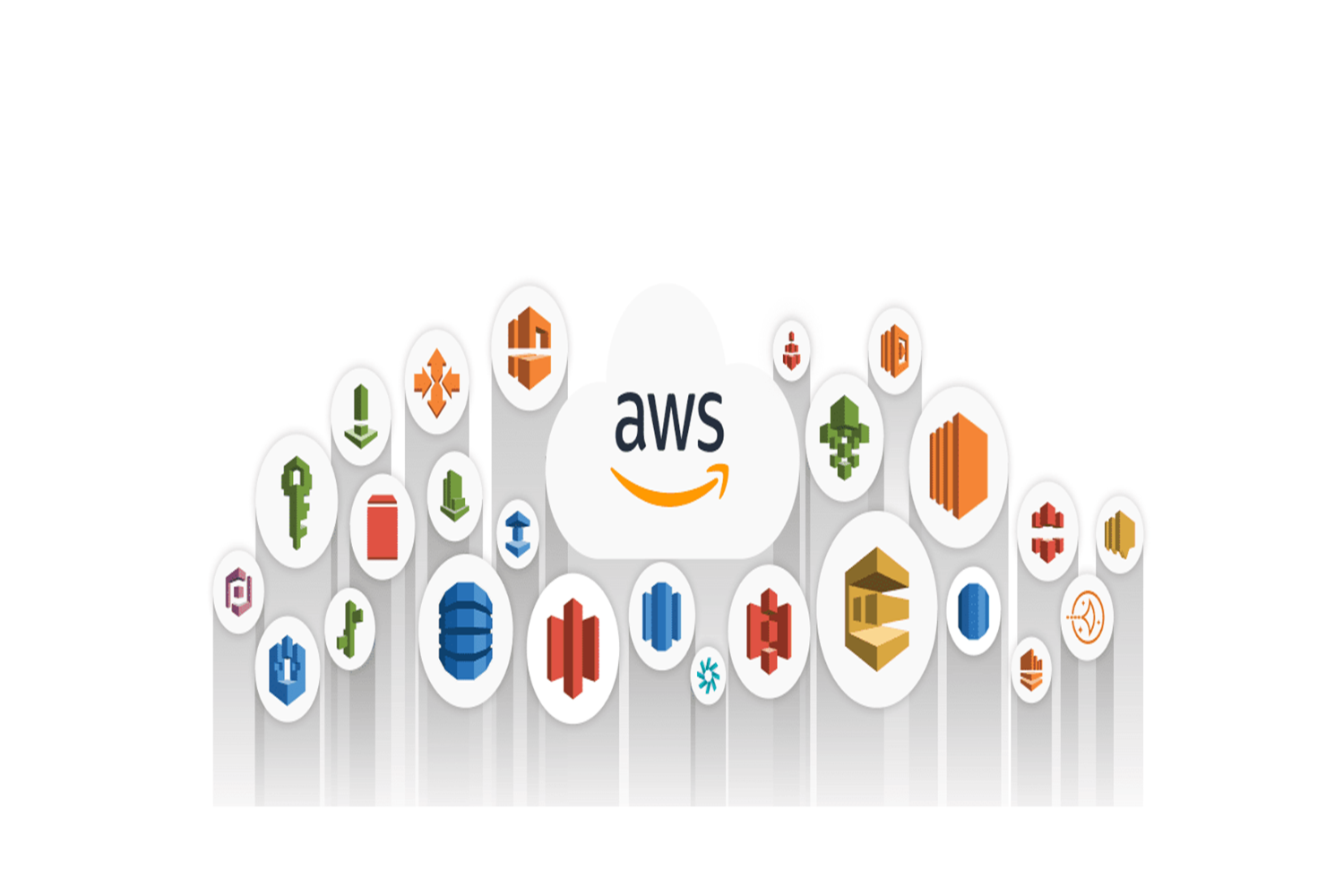
AWS PROFESSIONAL CERTIFICATIONS
AWS Professional Certifications are advanced credentials that validate in-depth expertise in specific AWS domains. These certifications, such as AWS Certified Solutions Architect Professional or AWS Certified DevOps Engineer Professional, signify a deep understanding of AWS services and the ability to design, implement, and manage complex cloud solutions. To earn these certifications, candidates must pass challenging exams that assess their knowledge and practical skills, making them highly sought-after by employers for architecting, developing, and maintaining enterprise-grade AWS environments. These certifications showcase professionals as experts in their respective AWS disciplines.
FUNDAMENTALS OF AWS CERTIFIED PROFESSIONALS
Advanced Level: Professional certifications are advanced, showing higher expertise than the basic AWS certifications.
Specialization: They focus on specific job roles, like architecting, developing, or securing AWS solutions.
Real Experience: You need real-world AWS experience to succeed in these certifications.
Difficult Exams: These exams are tough and require in-depth knowledge.

Career Boost: Earning a Professional certification can lead to better job opportunities and career advancement.
Recertification: You’ll need to renew your certification every three years to stay up-to-date.
Serious Preparation: Extensive study and practice are essential for success.
Expertise Validation: Professional certifications validate your ability to handle complex AWS tasks in your chosen field.
Industry Recognition: They are highly respected in the tech industry and by employers.

TYPES OF AWS CERTIFIED PROFESSIONALS
Certainly, here are the types of AWS Certified Professionals
AWS Certified Solutions Architect:
Design and deploy AWS solutions.
AWS Certified Developer:
Develop and optimize applications on AWS.
AWS Certified SysOps Administrator:
Manage and maintain AWS infrastructure and systems.
AWS Certified DevOps Engineer:
Implement and automate continuous delivery on AWS.
AWS Certified Security:
Focus on securing AWS applications and data.
AWS Certified Data Analytics:
Specialized in big data and analytics solutions on AWS.
AWS Certified Machine Learning:
Expertise in machine learning on AWS.
AWS Certified Alexa Skill Builder:
Develop voice-powered Alexa skills using AWS.
AWS Certified Advanced Networking:
Specialized in advanced networking within AWS.
These certifications cover various roles and domains within AWS, demonstrating expertise in each area.
ROLE OF AWS CERTIFIED PROFFESIONALS
Aws certified professionals use their expertise to create, optimize, and maintain cloud-based systems, ensuring that they are secure, efficient, and meet the needs of businesses and organizations. Their certifications demonstrate their ability to excel in specific roles within AWS.
BENEFITS OF AWS CERTIFIED PROFFESIONALS
Increased Employability: Certification makes individuals more attractive to employers.
Expertise Validation: It validates a person’s knowledge and skills in a specific domain.
Higher Earning Potential: Certified professionals often command higher salaries.
Career Advancement: Opens doors to more senior and specialized roles.
Industry Recognition: Gain respect and recognition in the tech industry.
JOB ROLES OF AWS CERTIFIED PROFFESIONALS
1. Solutions Architect
2. Network Engineer
3. Developer
4. Software Architect
5. SysOps Administrator
6. IT Architect

7. DevOps Engineer
8. Cloud Engineer
9. Security Specialist
10. Information Security Analyst
11. Data Analytics Specialist
12. Machine Learning Specialist
13. Alexa Skill Builder
14. Advanced Networking Specialist.
SALARY
The salary is between 13LPA To 35LPA.

TECHNOLOGIES OF AWS CERTIFIED PROFFESIONALS
WS Services: Proficiency in utilizing AWS core services like EC2, S3, RDS, and more.
Infrastructure as Code (IAC): Using tools like CloudFormation or Terraform to define infrastructure.
Containers: Expertise in managing containers with services like AWS ECS or EKS.
Serverless Computing: Knowledge of serverless technologies such as AWS Lambda.
Databases: Managing various databases like Amazon Aurora, DynamoDB, and RDS.
Security: Implementing security best practices and tools like IAM and AWS KMS.
Monitoring and Logging: Using AWS CloudWatch and CloudTrail for monitoring and auditing.
Networking: Configuring VPCs, Route 53, and other networking components.
Data Analytics: Handling data with services like Amazon Redshift, Glue, and EMR.
Machine Learning: Utilizing AWS SageMaker and related services for machine learning tasks.
COURSE HIGHLIGHTS
1. Suited for students, fresher’s, professionals, and corporate employees
2. Live online classes
3. 4-Month program.
4. Certificate of completion
5. Decision Oriented Program of Analysis
6. Live Classes by highly experienced faculties
7. Hands-on experience with real-life case studies.

CONCLUSION
In conclusion, AWS Certified Professionals are highly skilled individuals who have demonstrated expertise in various AWS domains. Their certifications validate their knowledge and abilities, making them valuable assets in the ever-evolving field of cloud computing. These professionals play essential roles in designing, building, securing, and managing AWS solutions, contributing to the success of businesses and organizations in the digital age.

